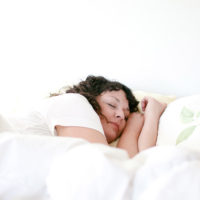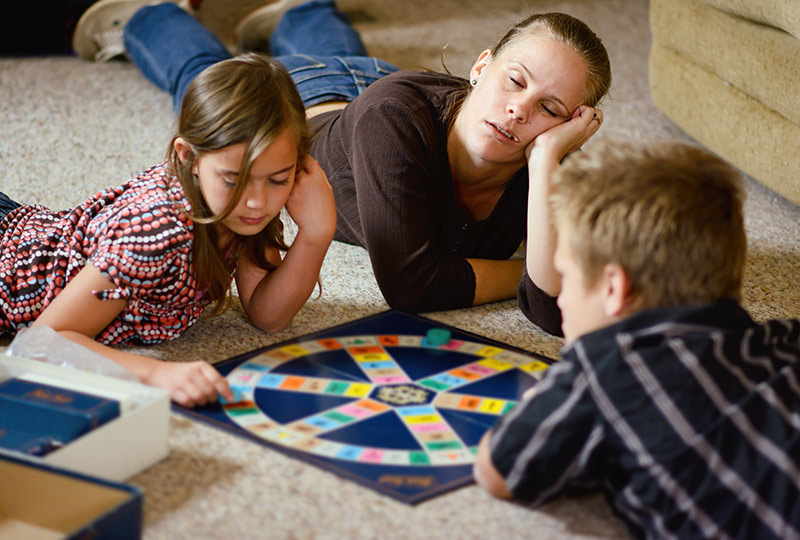Symptoms of sleep apnea in women are easily overlooked.
Many women have sleep apnea without knowing it, leading to potentially serious health effects.
“Part of it is that the general public, and even physicians, think of sleep apnea as a disease of middle-aged men and not a disease of women, particularly women of average weight,” said Kelly Brown, M.D., assistant professor of Clinical Neurology at the Vanderbilt Sleep Center.
Obstructive sleep apnea has become increasingly more common over the past two decades. As many as 30 percent of men and 15 percent of women have obstructive sleep apnea.
“The classic patient is one who snores, is obese and has excessive daytime sleepiness,” Brown said.
But women don’t picture themselves as that typical apnea patient. For starters, Brown said, “Women can be very embarrassed to admit that they snore.” Women who do not have a bed partner to tell them about it probably don’t know they snore. Or, because sleep apnea can be inherited, people who come from a family of snorers may think snoring is a normal part of sleep.
To complicate matters further, studies have shown that sleep apnea in women often has brought “atypical” symptoms.
Snoring and nighttime “choking,” or apneic events, are symptoms many people know about. However, in women, signs of sleep apnea include insomnia, waking up with headaches, fatigue and even depression.
This could lead physicians down the wrong path when they’re trying to diagnose a problem.
Many women complain of insomnia, as opposed to daytime sleepiness, Brown said. “It’s probably the apnea that’s waking them, but they don’t realize that. They might end up on a sleeping pill, but that could actually make the apnea worse.”
“We also get a lot of patients with headaches who were referred for a sleep evaluation due to refractory migraines, or women with mood issues who were treated for depression or cognitive problems — and sleep apnea may be part of the underlying cause.”
Additionally, because of sleep apnea’s strong association with obesity, many women feel uncomfortable recognizing they could fit the stereotype. But finding treatment options can reduce their risk of further health developments.
Letting sleep apnea go undiagnosed and untreated can have big consequences, however.
Sleep apnea is highly associated with difficult-to-treat hypertension (high blood pressure), atrial fibrillation and diabetes. Between 50 and 70 percent of patients who have had a stroke also have sleep apnea. Dementia is more common in sleep apnea patients.
During pregnancy, women with untreated sleep apnea have a higher risk of preeclampsia (high blood pressure in pregnancy) and their babies are more likely to require care in the neonatal intensive care unit.
Disrupted sleep and obesity, both common in sleep apnea, are also risk factors for developing breast cancer.
“People just don’t feel well. They get frazzled, they feel depressed, they’re really tired all day,” Brown said.
Her message is simple: “If you snore or have symptoms of poor sleep, you should talk to your doctor frankly. The earlier you catch it, the less likely you are to see the consequences.”

If you have sleep difficulties, including symptoms of apnea, talk with your healthcare provider about finding a sleep disorder program. Vanderbilt’s Sleep Disorders Center can help. Call us at 615-936-0060.

